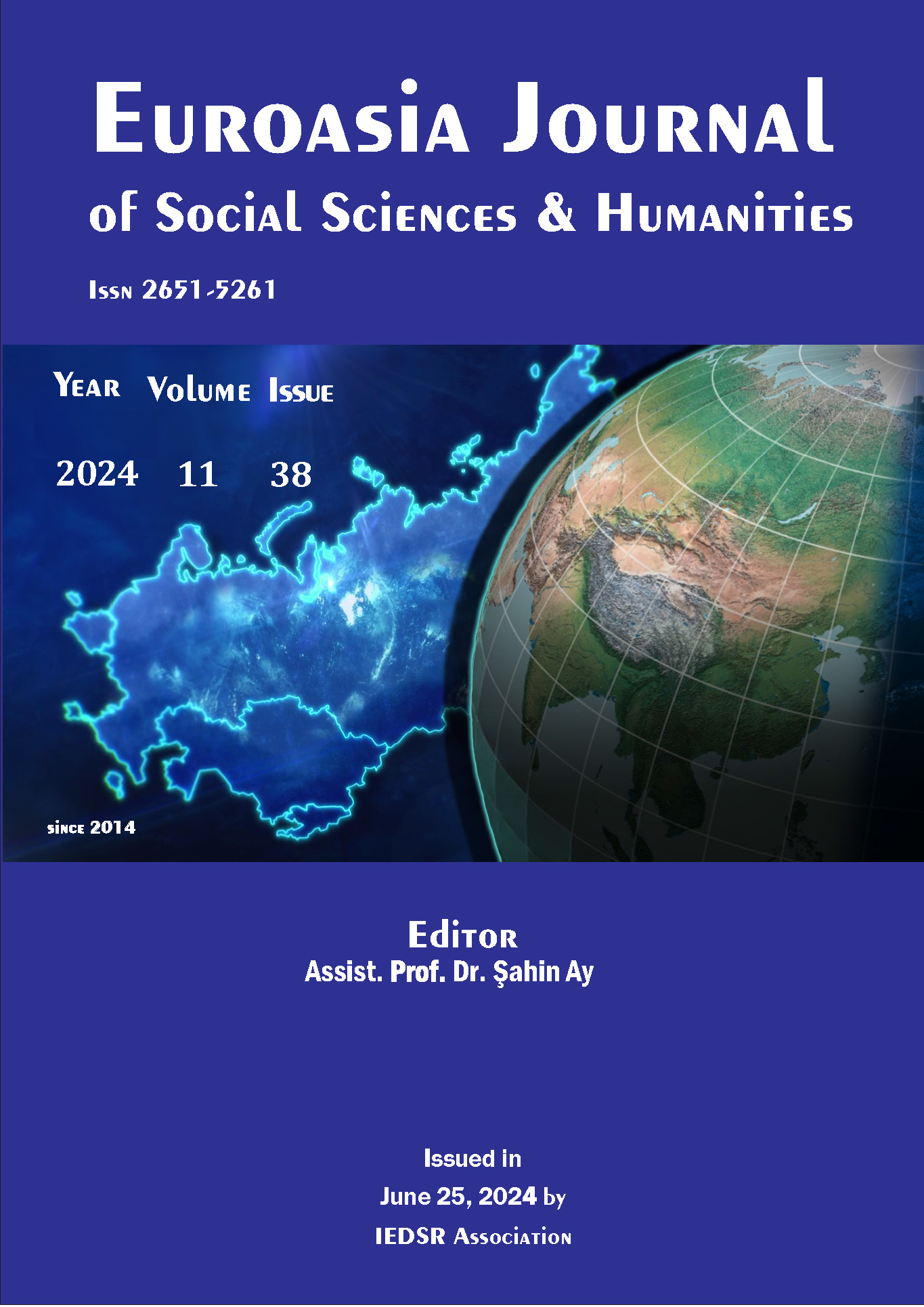Comparison of Managers and Artificial Intelligence Modeling in the Process of Marketing, Planning, Decision-Making in Collective Production Modeling
DOI:
https://doi.org/10.5281/zenodo.12702790Keywords:
Hybrid model, Development, Welfare, Agricultural business, CooparativeAbstract
In the process of formation of civilization, the domestication of animals and agricultural activities are considered as the starting point.. In the process of establishing cities, the barter economy and the establishment of Sundays led to the emergence of the first economic events. The close relations between family economy and family farming have Deciphered the concepts of artisan and craft. With the industrial revolution and the use of machines in production and in agricultural production, machines have gained superiority over human labor. An increase in products has occurred with the effective use of agricultural production machines in the world. The workforce working in the agricultural field has contributed to the metropolitan culture by settling in cities. In the process of transition from family farming and family business to global agricultural companies, multinational companies have played a decisive role in world agriculture. The fact that multinational companies have become cartels in the fields of medicine, agriculture, food has caused serious concerns to arise in underdeveloped and developing countries. In our study, we will investigate the possibilities of successful studies aimed at maintaining a hybrid model in which artificial intelligence applications are applied in decision-making and planning in agricultural enterprises, associations, cooperatives and agricultural companies in order to increase agricultural production in underdeveloped and developing countries in a way that is integrated into the agricultural policies of our country.
Downloads
References
Abdürrahim, S. (2022). Yapay Zeka. Şanlı Urfa: Şanlı Urfa Milli Eğitim Müdürlüğü.
Akgöz S.Sedat (2023,1). Ahilik ve İmece Modelinin Uygulamalı Eğitimdeki Önemi. 21. Yüzyılda Eğitim ve Toplum , 25-40.
Akgöz S.Sedat (2023,2). Bask Mondregon Modelinin Türkiye de Uygulanabilirliği. Organizasyon ve Yönetim Bilimleri Dergii , 35-48.
Akgöz S.Sedat, Solmaz Turgay. (2015). Ekonomik Bağımsızlık ve Kooperatifçilik. Karabük Üniveristesi Milletler arası Bildiri (s. 541-559). Karabük: Türk Kooperatifçilik Kurumu.
Belde, Ö. D., & Doğan, M. (2022). Yapay Zekânın Denetim ve Kontrolü İçin Bütünleşik Yapay Zekâ Mantıksal Çerçevesi1. Üçüncü Sektör Sosyal Ekonomi Dergisi .
Burçin, K. (2017). Artıları ve Eksiklikleri ile Yapay Zeka. Konya: Konya Ticaret Odası.
Emin, A. B., & Erabay, B. (2022). Yapay Zekâ Sosyolojisi Üzerine Bir Değerlendirme. GaziaAntep Unıversity Journal Of Sciences , 326-337.
Ercan, Ö. (2020). Yapay Zekâ ve İnsanlığın Geleceği. Bilişim Teknolojileri ve İletişim: Birey ve Toplum Güvenliği ,Tuba , 90-118.
Eşref, A., Afyonluoğlu, M., Güvenir, A. H., & Ergin, O. (2020). Türkiyede Yapay Zekanın Gelişimi İçin ve Öneriler. 2020: Türkiye Bilişim Derneği.
Harun, P. (2006). Yapay Zeka. Journal Of Yaşar Unıversity , 89-93.
Manar, A. (2022). Pazarlamada Yapay Zeka Kullanımı. İşletme ve Girişimcilik Araştırmaları Dergisi .
Sedat, A. S., & Emre, E. (2012). Ahiliğin Örgüt Modellerine ve Kooperatifçiliğe Katkıları. Üçüncü Sektör , 134-157.
Taha, K. A. (2023). Eğitimde Yapay Zeka. Uluslararası Maarif Milli Eğitim Dergisi .
Downloads
Published
How to Cite
Issue
Section
License
Copyright (c) 2024 EUROASIA JOURNAL OF SOCIAL SCIENCES & HUMANITIES

This work is licensed under a Creative Commons Attribution-NonCommercial 4.0 International License.

